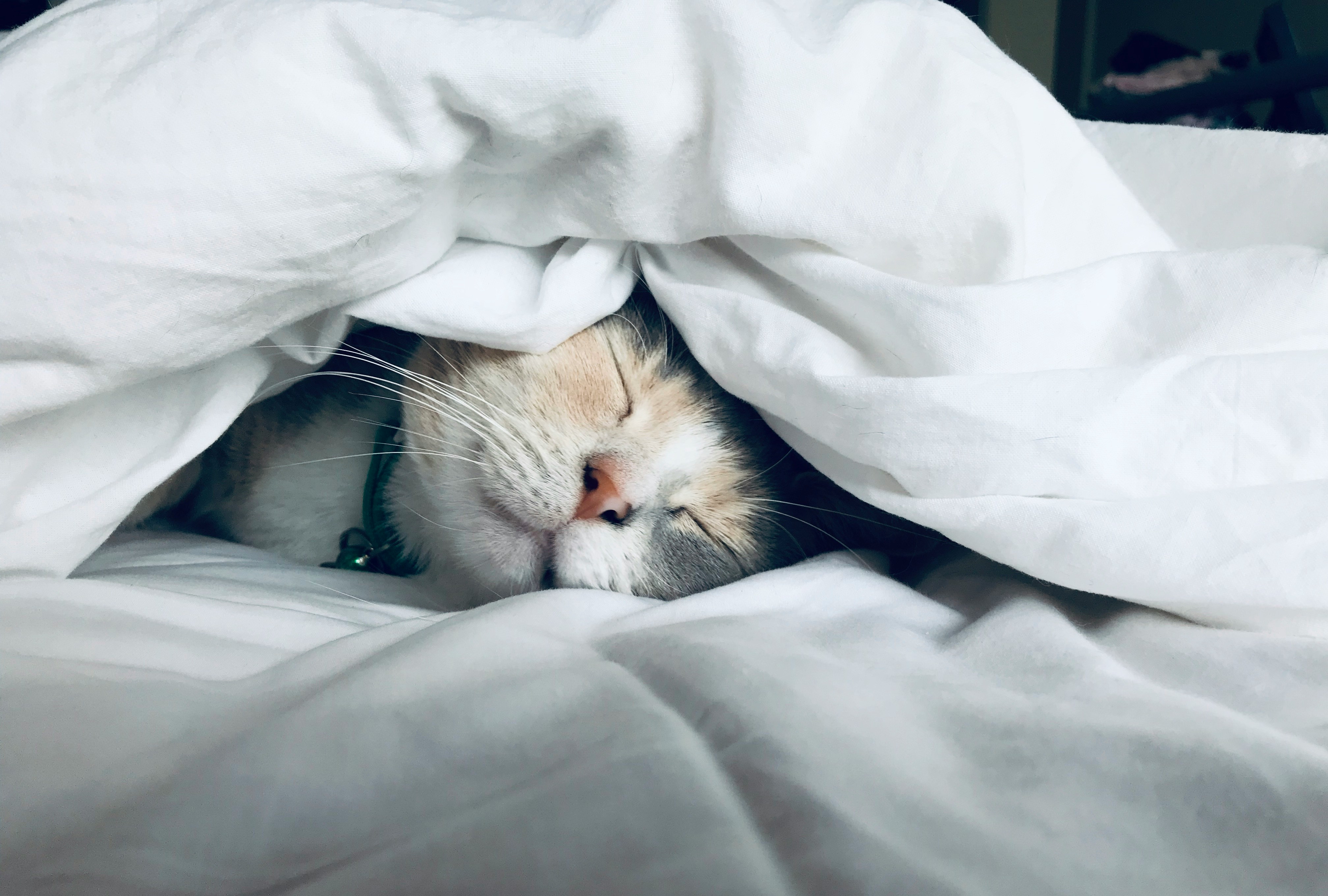
Owning a cat enriches life with companionship and affection, but it also entails a crucial responsibility: safeguarding their health. Cats, known for their independence, rely on owners to detect subtle signs of distress, signaling serious health issues needing immediate veterinary attention.
From sudden changes in behavior to unexpected symptoms, staying vigilant is essential to ensuring swift intervention and proper care. This vigilance preserves their well-being as well as strengthens the bond between the cat and caregiver.
Here are three critical health issues that require prompt veterinary care to ensure your cat's well-being:
Urinary Blockages
Urinary blockages (UO) are a critical health issue in cats, especially males, due to their anatomical predisposition. Males have a narrower urethra compared to females, increasing their susceptibility to blockages. This narrowing can lead to the formation of crystals, mucus plugs, or stones within the urinary tract, obstructing the flow of urine.
Factors such as diet, dehydration, and underlying health conditions like urinary tract infections or bladder inflammation can contribute to the formation of these obstructions.
The recurrence rate, as highlighted by the National Library of Medicine, underscores the complexity of managing this condition. Up to 40% of cases experience a recurrence, often shortly after initial treatment.
This condition can rapidly escalate in severity without prompt intervention, such as catheterization and fluid therapy administered by a veterinarian. PetMD reports that untreated obstructions can lead to death in as little as 36-48 hours.
Therefore, recognizing early signs such as straining to urinate, vocalization during urination, or blood in the urine is crucial. Seeking immediate veterinary care is essential to alleviate the obstruction and ensure the cat's recovery and well-being.
Respiratory Distress
Respiratory distress in cats is a serious health concern characterized by symptoms like labored breathing, rapid breaths at rest, wheezing, and open-mouth breathing. These symptoms often result from conditions such as asthma, pneumonia, heart disease, or severe allergic reactions.
In severe cases, respiratory distress in cats may escalate to Acute Respiratory Distress Syndrome (ARDS). Cats with ARDS may struggle to breathe, exhibit rapid shallow breaths, and develop blue-tinged gums due to insufficient oxygen levels.
If not promptly treated, the prognosis for pets with ARDS remains bleak despite aggressive treatment efforts, including mechanical ventilation. According to VCA Animal Hospitals, the mortality rate for veterinary patients with ARDS approaches 100%.
Immediate veterinary attention is crucial, as ARDS can rapidly progress to respiratory failure and death within hours if left untreated. Understanding emergency veterinary care availability and location is vital, especially in Texas, where cat ownership is relatively low compared to other states. For example, fewer than 20% of households in Texas own cats, contributing to potential gaps in veterinary services. Pet owners in cities like Lakeway and Austin are particularly affected due to this shortage.
Some clinics have introduced mobile vet services in Austin to temporarily alleviate the shortage, but more permanent Austin veterinary emergency solutions are needed.
These emergency facilities play a vital role, offering specialized care with advanced technologies and skilled veterinarians capable of managing severe cases like ARDS. They provide crucial treatments such as oxygen therapy, mechanical ventilation, diagnostic imaging, and intensive monitoring to stabilize and treat cats in respiratory distress.
Violet Crown Veterinary Specialists emphasize the need for expanded emergency services, including surgical interventions when necessary. These comprehensive capabilities are crucial in ensuring that pets receive timely and comprehensive care during critical health crises.
The scarcity of emergency veterinary services in Texas poses a significant barrier to pet ownership. Whether it's an emergency vet in Lakeway, TX, or Austin, the demand for additional clinics is evident.
Poisoning
According to WebMD, pet poisoning is alarmingly common in the U.S., with over 401,500 reported cases each year.
Cats are particularly vulnerable due to their curious nature. They often explore potentially toxic substances such as household cleaners, certain plants like lilies, and human medications such as acetaminophen and ibuprofen.
Symptoms of poisoning can vary widely depending on the toxin ingested but often include vomiting, diarrhea, drooling, seizures, tremors, difficulty breathing, and collapse.
Immediate veterinary attention is crucial as some toxins can cause rapid deterioration and irreversible organ damage if not treated promptly. Veterinarians may administer treatments like inducing vomiting if safe and appropriate. They also use activated charcoal to absorb toxins, provide intravenous fluids to support kidney function, and administer specific antidotes when available.
Prompt intervention improves the chances of recovery and minimizes the risk of serious complications or death.
FAQs
Are there any household products that are unexpectedly toxic to cats?
Yes, items such as essential oils (especially tea tree oil), antifreeze, and rodenticides can be harmful to cats if ingested. Certain plants beyond lilies, like azaleas and rhododendrons, also pose risks to their health. Additionally, chemicals used in flea and tick treatments designed for dogs can be toxic to cats if improperly applied or ingested.
What are signs that my cat needs emergency veterinary care?
Signs include difficulty breathing, sudden paralysis, severe injuries or trauma, continuous vomiting or diarrhea, bloated abdomen, inability to urinate, seizures, and unconsciousness. Early recognition of these signs and swift action can greatly improve the chances of a positive outcome for your cat's health and well-being.
What causes urinary tract infections in cats?
UTIs in cats are often caused by bacterial infections, which can enter the urinary tract through the urethra and multiply in the bladder. Other factors, such as bladder stones, anatomical abnormalities, or underlying health conditions, may also contribute.
In summary, recognizing the signs of these three critical health issues in your cat is crucial. Taking swift action can make a significant difference in their prognosis and recovery. Regular veterinary check-ups, awareness of your cat's normal behavior, and pet-proofing your home against potential hazards are essential preventive measures.
Always have your veterinarian's contact information and the nearest emergency veterinary clinic readily available for quick reference in case of emergencies. By staying informed and prepared, you can ensure your feline companion receives the prompt care they need to lead a healthy and happy life.